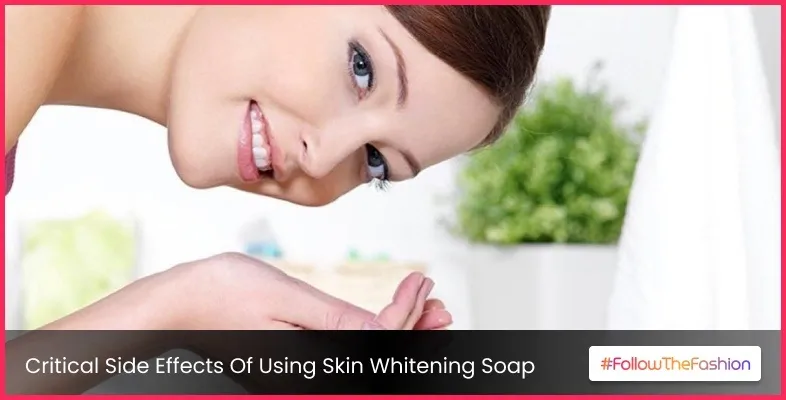What is Whitening Soap?
Whitening soap, also known as skin-lightening soap, is a cosmetic product designed to lighten the skin tone or reduce the appearance of dark spots and blemishes. These soaps typically work by reducing the production of melanin, the pigment responsible for skin color. While they may offer the allure of a brighter complexion, it’s crucial to understand the potential dangers associated with their use. The popularity of these products has surged globally, driven by cultural beauty standards and the desire for fairer skin, however, consumers should be well-informed about the ingredients and the potential health risks they pose.
Common Ingredients in Whitening Soap
Whitening soaps contain a variety of active ingredients, some more hazardous than others. Understanding these ingredients is vital to assessing the risks. Common ingredients include hydroquinone, mercury, corticosteroids, and various plant extracts, all of which affect melanin production. Each ingredient carries its own set of potential side effects. It’s important to note that many countries regulate or ban the use of certain ingredients in cosmetic products due to the health risks associated with them. Checking product labels and researching ingredients is a necessary step for anyone considering using whitening soap.
Hydroquinone
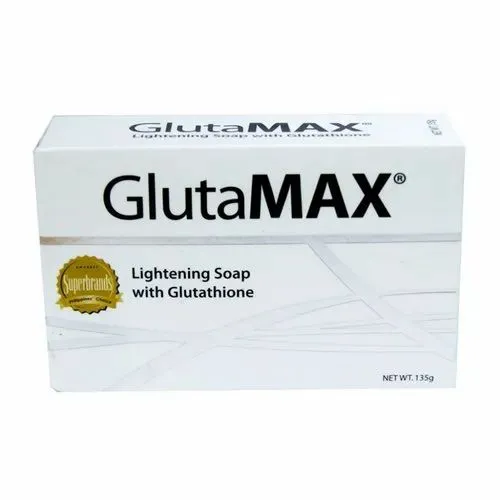
Hydroquinone is a potent skin-lightening agent that works by inhibiting the enzyme tyrosinase, which is essential for melanin production. It is often used to treat hyperpigmentation conditions like melasma and age spots. While effective in lightening the skin, hydroquinone is not without risks. The long-term use of hydroquinone is associated with several adverse effects. It is often regulated in many countries, and its use should be monitored by a dermatologist. The concentration of hydroquinone in whitening products significantly impacts the severity of potential side effects.
Potential Risks of Hydroquinone
The most significant risk associated with hydroquinone is ochronosis, a condition characterized by the irreversible darkening of the skin. This happens when hydroquinone damages collagen fibers, leading to bluish-black pigmentation. Other potential side effects include skin irritation, redness, and increased sensitivity to sunlight. Furthermore, some studies suggest a possible link between long-term hydroquinone use and an increased risk of skin cancer, although this is still being researched. Given these risks, it is essential to use hydroquinone products under medical supervision.
Mercury
Mercury is a highly toxic heavy metal that is sometimes found in whitening soaps, especially in unregulated products. It acts as a skin-lightening agent by inhibiting melanin production. However, the health risks associated with mercury are severe. Mercury can be absorbed through the skin and accumulate in the body, leading to serious health issues. The presence of mercury is often an indication of the product being manufactured outside of the safety regulations. In the context of skin-lightening products, mercury is a highly undesirable ingredient because it poses a significant health risk.
Health Implications of Mercury Exposure
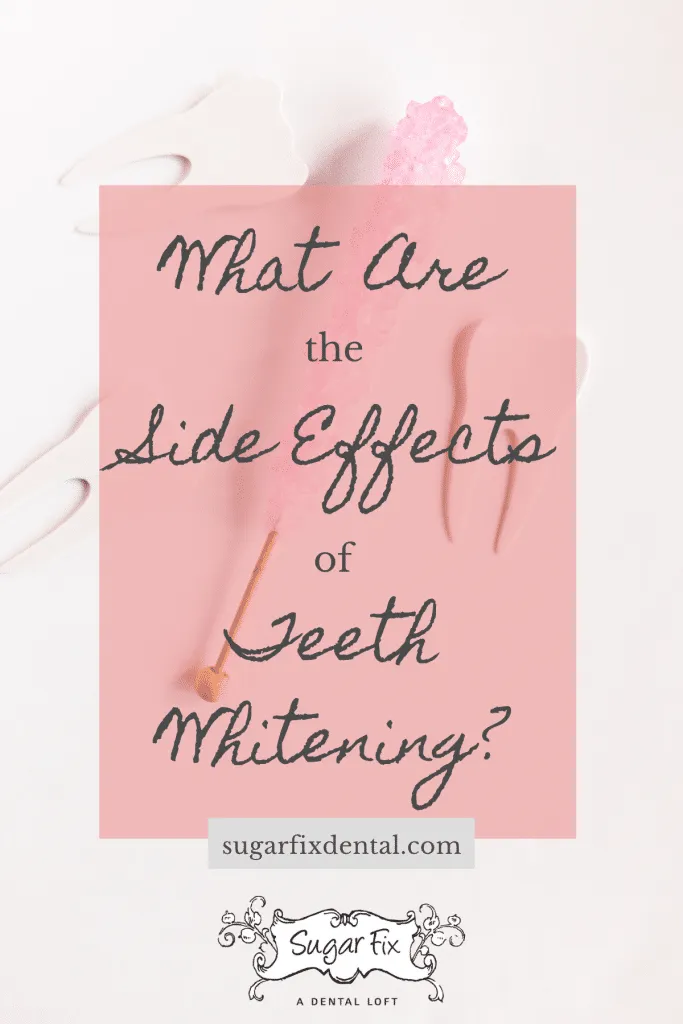
Mercury exposure can lead to a wide range of health problems, including kidney damage, neurological disorders, and skin rashes. Chronic exposure can cause irreversible damage to the nervous system, affecting cognitive function, coordination, and sensory perception. Pregnant women and children are especially vulnerable to the toxic effects of mercury. Even low levels of exposure can cause developmental problems in infants and children. Mercury poisoning is a serious health concern, and it is crucial to avoid products that contain this dangerous ingredient. Regulatory agencies and health organizations regularly test products to identify and remove mercury-containing cosmetics from the market.
Corticosteroids
Corticosteroids, such as hydrocortisone and clobetasol, are sometimes added to whitening soaps to reduce inflammation and lighten the skin. While these ingredients can provide quick results, they come with significant risks. Corticosteroids suppress the immune system and can thin the skin, making it more susceptible to infections and damage. Prolonged use of corticosteroids is generally discouraged because of their potential side effects. They should be used under medical supervision to manage skin conditions. Often, they are added illegally and without the knowledge of the consumer.
Side Effects of Corticosteroid Use
The side effects of using corticosteroids in skin-lightening products include skin thinning, stretch marks, acne, and increased risk of skin infections. The skin may become more fragile and prone to bruising. Prolonged use can lead to steroid-induced rosacea, characterized by redness and inflammation. Adrenal suppression is another severe risk; the body’s natural production of cortisol can be impaired. Due to these risks, the use of corticosteroids in skin-lightening products is highly concerning, and anyone using such a product should consult a dermatologist immediately.
Other Potential Side Effects of Whitening Soap
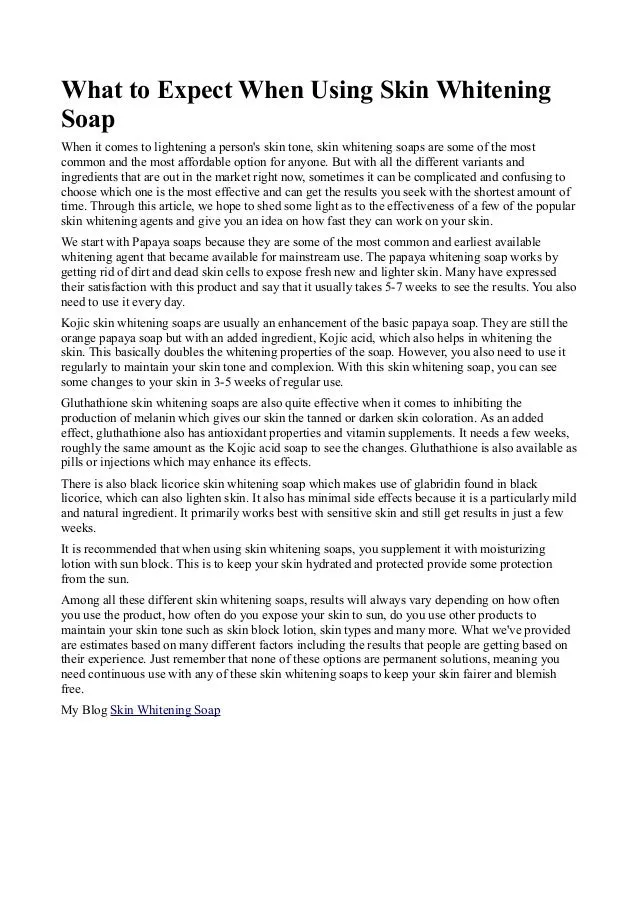
Beyond the specific dangers associated with ingredients like hydroquinone, mercury, and corticosteroids, whitening soaps can also cause a range of other adverse effects. Skin irritation, uneven skin tone, and an increased risk of skin cancer are significant concerns. The long-term consequences of using these products can affect overall health. Consumers should be aware of these potential side effects and make informed decisions about the products they use on their skin.
Skin Irritation and Sensitivity
Many whitening soaps contain harsh chemicals that can irritate the skin, leading to redness, itching, and dryness. Frequent use of these products can disrupt the skin’s natural barrier, making it more sensitive to environmental factors like sunlight and pollutants. People with sensitive skin are particularly vulnerable to these effects. The irritation may worsen with continued use, potentially causing chronic skin conditions. Using moisturizers and avoiding harsh soaps can help mitigate these side effects, but avoiding the product itself is often the best course of action.
Uneven Skin Tone and Discoloration
Rather than achieving an even skin tone, some whitening soaps can cause unevenness and discoloration. This can manifest as patches of lighter or darker skin, known as paradoxical hyperpigmentation. The uneven effects are often caused by the inconsistent application of the product or the varying responses of different skin areas. In some cases, the skin can develop a mottled appearance. Addressing uneven skin tone caused by whitening products can be challenging, and medical treatments may be required to correct the damage.
Increased Risk of Skin Cancer
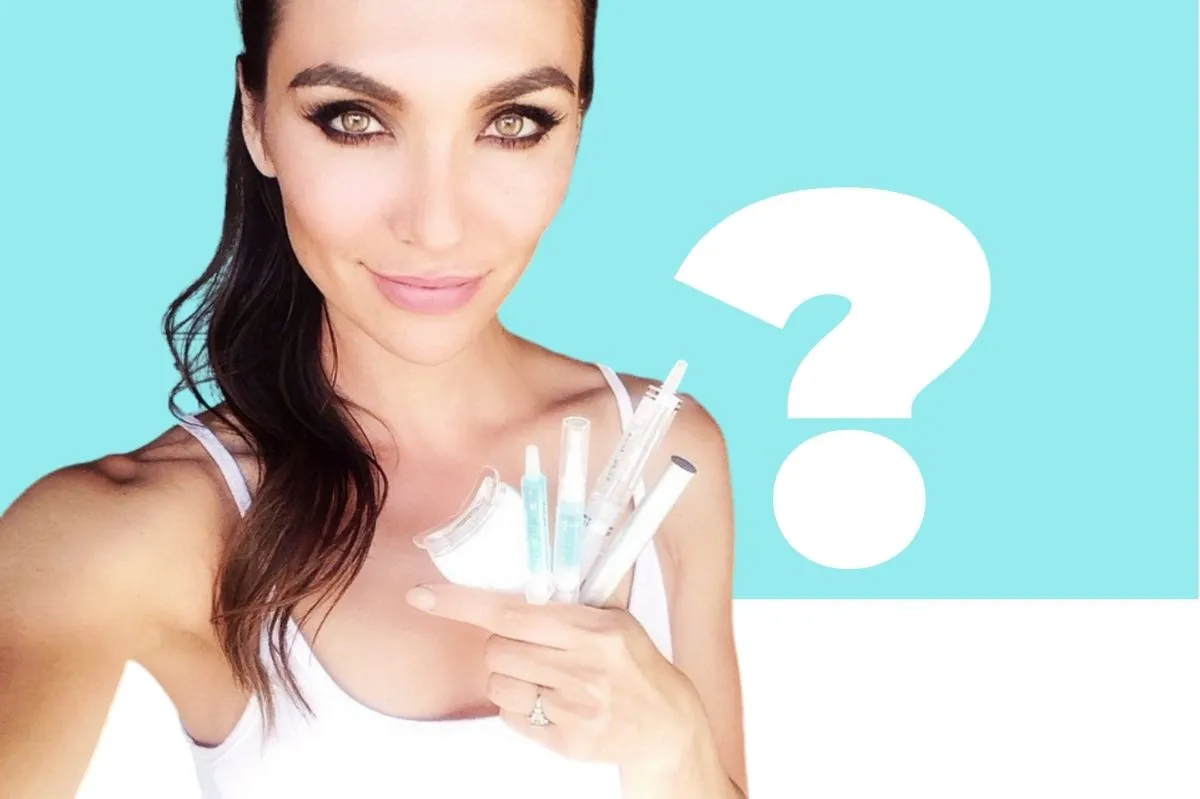
Some ingredients in whitening soaps, particularly those that thin the skin or contain harsh chemicals, can increase the risk of skin cancer. The damage to the skin barrier makes it more vulnerable to the harmful effects of ultraviolet (UV) radiation. The use of these products can impair the skin’s natural defenses, making it more susceptible to the development of cancerous cells. Regular sun protection is crucial for anyone using whitening products, and dermatological check-ups should be regular to monitor any suspicious changes in the skin.
Long-Term Health Consequences
The prolonged use of whitening soaps can lead to a range of long-term health consequences. This includes kidney damage from mercury exposure, hormonal imbalances due to corticosteroids, and chronic skin conditions. The cumulative effects of these ingredients can have serious implications for overall health. It is crucial to consider the long-term effects of using these products, as the potential risks often outweigh the perceived benefits. Health professionals recommend that people make informed choices when using whitening soap and consider the potential health consequences.
How to Minimize Risks and Make Informed Choices
If you are considering using whitening soap, it’s crucial to take steps to minimize the risks and make informed choices. This includes consulting a dermatologist, opting for safer alternatives, and carefully understanding product labels. Taking these precautions can reduce the likelihood of adverse effects and ensure your skin’s health. Making educated decisions will help you avoid the most dangerous products and manage any potential complications.
Consulting a Dermatologist

Consulting a dermatologist before using any whitening soap is essential. A dermatologist can assess your skin type, identify potential risks, and provide personalized advice. They can also recommend safer alternatives and monitor your skin for any adverse reactions. Regular check-ups with a dermatologist can help detect and treat any problems early. They can offer professional insights into ingredients and their effects. Seeking a dermatologist’s expertise is critical for protecting your skin’s health.
Choosing Safer Alternatives
There are safer alternatives to whitening soaps that do not pose the same risks. These include products with natural ingredients like Vitamin C, niacinamide, and kojic acid, which can help brighten the skin without harmful side effects. Chemical peels and other treatments can also improve skin tone under the supervision of a dermatologist. Exploring these options allows you to achieve your desired results while minimizing the risks to your health. Choosing safe products ensures the skin’s health without exposure to dangerous chemicals.
Understanding Product Labels
Carefully reading and understanding product labels is crucial. Pay close attention to the ingredients list, and avoid products containing hydroquinone, mercury, or corticosteroids. Look for products that are dermatologist-tested and free from harmful chemicals. Checking the manufacturing date and expiry date is equally important to ensure the product’s effectiveness. When buying whitening soaps, confirm they have been approved by regulatory bodies in your area. Being an informed consumer can significantly reduce your risk of adverse reactions. Do your research on any ingredient that sounds unfamiliar.
